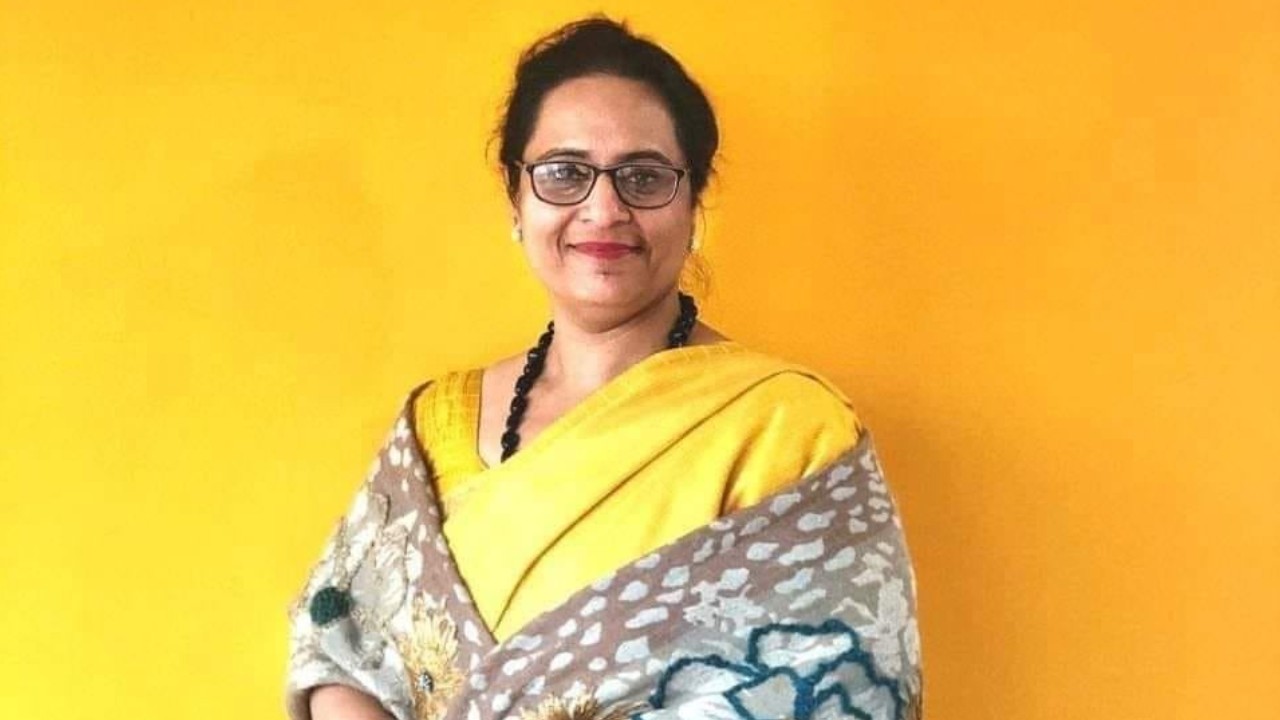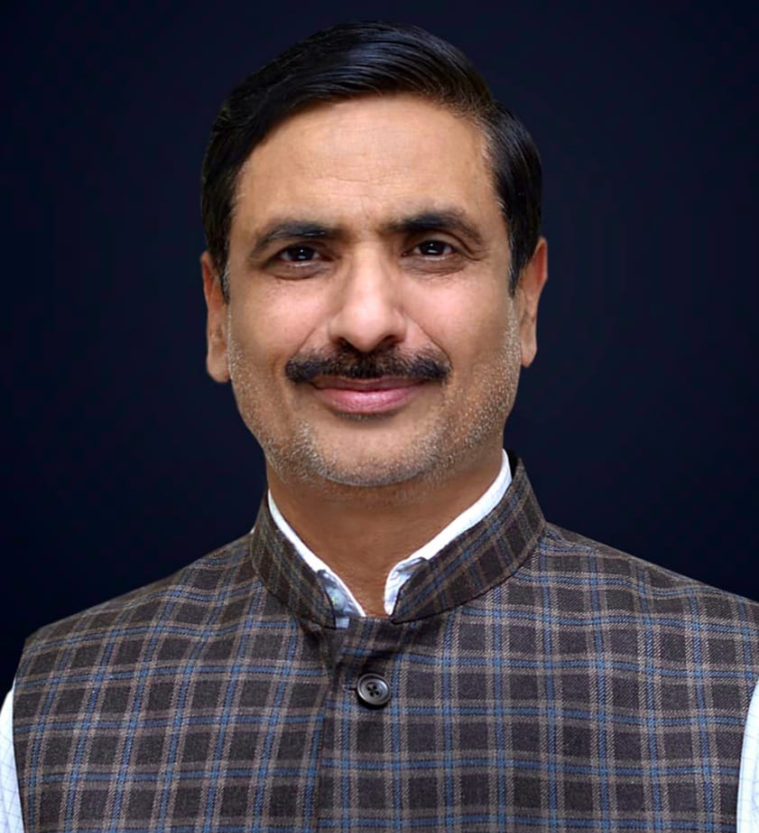Dr. Akriti Bhatia is the Founder of People’s Association in Grassroots Action and Movements (PAIGAM), a collaborative network uniting activists, researchers, and organizations to pool their efforts and work towards the equitable distribution of social benefits. Dr. Bhatia also holds the position of Assistant Professor at Miranda House, University of Delhi. She is a renowned expert in the field of labor sociology, specializing in the intricate dynamics of labor markets, employment relationships, and the multifaceted aspects of work. Her extensive research covers a broad spectrum of topics related to labor and employment.
Dr. Bhatia’s research is invaluable for shedding light on the complex interplay among economic, political, and cultural factors that shape labor markets and employment relationships. This deep understanding serves as a crucial resource for shaping policies, labor practices, and social initiatives aimed at promoting fair and just working conditions while upholding the rights of workers. In a recent interview with The Interview World, Dr. Bhatia delved into the profound impact of modern factors, such as technological advancements, globalization, and the ever-evolving dynamics of the labor market, on the nature of work.
Q: Explain post-COVID employment scenario, especially in the unorganized sector.
A: Many unorganized laborers lost their jobs or faced reduced work opportunities due to lockdown and economic disruptions caused by the pandemic. This resulted in a significant income loss for these workers, making it difficult to meet their basic needs. Unorganized laborers often do not have access to social security benefits such as health insurance, unemployment benefits, or pension schemes. The lack of a safety net made it challenging for them to cope with health-related and economic uncertainties during the pandemic.
Q: How do working conditions in foreign countries compare to those in India?
A: Especially, European and Scandinavian countries typically have more comprehensive labor laws and regulations. These include stringent protections for workers, such as minimum wage, paid leave, strict working hour limits, and strong job security provisions. Income disparities are significant in India, with a large informal labor sector where workers often earn low wages. Income disparities exist in Western countries but tend to be less extreme, and there is usually a higher minimum wage and more extensive social safety nets.
Q: What is your take on the gender pay gap in India?
A: The gender pay gap is a multifaceted issue that requires a comprehensive approach to rectify. In India, women typically earn significantly less than their male counterparts, and this disparity ranks among the highest in the world. Various factors contribute to this gap, including occupational segregation, discrimination, and limited access to higher-paying job sectors. Many women in India find themselves concentrated in lower-paying and less prestigious fields, such as domestic work, agriculture, and the informal sector. This occupational division contributes to the wage differential for women. They get 40 to 50 percent less salary. Furthermore, instances of discrimination based on gender, race, age, or other factors, as well as workplace harassment, can foster unwelcome work environments.
Q: Share the highlights of the ongoing study on labor conditions in India jointly by PAIGAM and the University of Pennsylvania.
A: Our comprehensive study, conducted in collaboration with the University of Pennsylvania, is aimed at shedding light on various critical facets of labor conditions in India. We are committed to making the findings of this study publicly available by December 2023. A significant prevalence of long working hours well beyond the standard 8-hour workday, leading to fatigue, stress, and imbalances between work and personal life. A prevalent issue of low wages in numerous industries, which are inadequate to meet basic living expenses, resulting in a high level of poverty and economic instability among workers. The common practice of temporary or contract employment in various sectors deprives workers of job security, benefits, and the prospect of long-term job stability. These findings underscore the pressing need for comprehensive labor reforms and substantial improvements in workplace conditions to ensure the well-being and prosperity of workers in India.










1 Comment
Thanks for sharing. I read many of your blog posts, cool, your blog is very good.
Comments are closed.